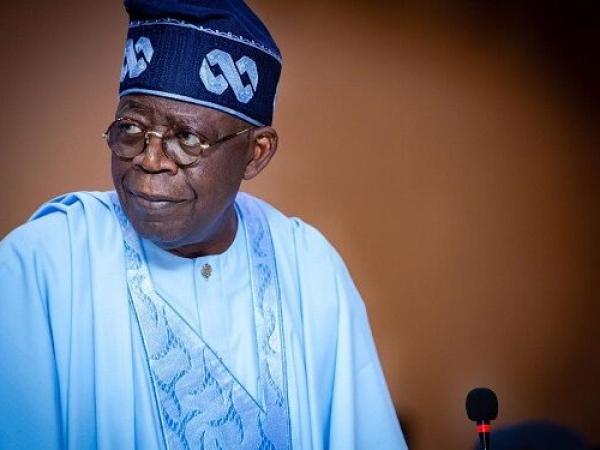
Central Bank of Nigeria (CBN), after two years of engagement has finally executed the currency swap agreement with the Peoples Bank of China (PBoC).
It was a $2.5 billion or Renminbi (RMB), 16 billion or over N900 billion worth of bilateral currency swap aimed at boosting foreign currency liquidity in both economies, especially Nigeria’s.
Some key benefits of the deal include providing Naira liquidity to Chinese businesses as well as providing RMB liquidity to their Nigerian counterparts in return, to improve the speed, convenience and volume of transactions between the two countries.
But more important is the expected easing of pressure on foreign currency reserves and exchange rate in Nigeria.
This may not be so critical now that foreign reserve is on bumper profile but when placed at the time the idea was conceived, Nigeria really needed such agreement to stay alive in international trade.
Bilateral trade volume between Nigeria and China was about $12.3 billion between January and November 2017.
Nigeria is the second biggest importer of Chinese products and its third largest trading partner in Africa.
With the activation of this agreement, it will be easier for many Nigerian businesses; especially importers, Small and Medium Enterprises, SMEs and cottage industries to import their goods, raw materials, spare-parts and simple machinery to run their businesses. They will take advantage of available RMB liquidity from Nigerian banks without being exposed to the difficulties of seeking other scarce foreign currencies like US Dollars which would attract higher exchange rates. At $2.5 billion, if well implemented, a significant burden would have been lifted off the country’s foreign reserves. But China never really had foreign currency problem investing in Nigeria or buying Nigeria’s oil and other raw materials given the relatively insignificant ratio of the required resources to their foreign reserves.
Moreover, the significant presence of Chinese firms in the Nigerian economy in recent times, with some of them handling various infrastructural projects, has had to use Nigerian foreign currency resources sourced through Nigerian banks to fund them. We suggest that this agreement needs further re-evaluation over time especially if the CBN and Nigeria’s fiscal authorities are seriously diversifying the economy away from oil-export and finished goods import dependency. China has already achieved its most important and singular objective in this agreement which is further internationalisation of its currency, the RMB. China’s RMB internationalisation and foreign exchange reforms are evolving rapidly and full convertibility is expected over the next couple of years. Nigeria has just become the third African country to have such an agreement with the PBoC, just as many other countries have equally been pulled into the RMB net. The Nigeria-China agreement may end up making Nigeria another pawn in the China foreign currency chess board.






















